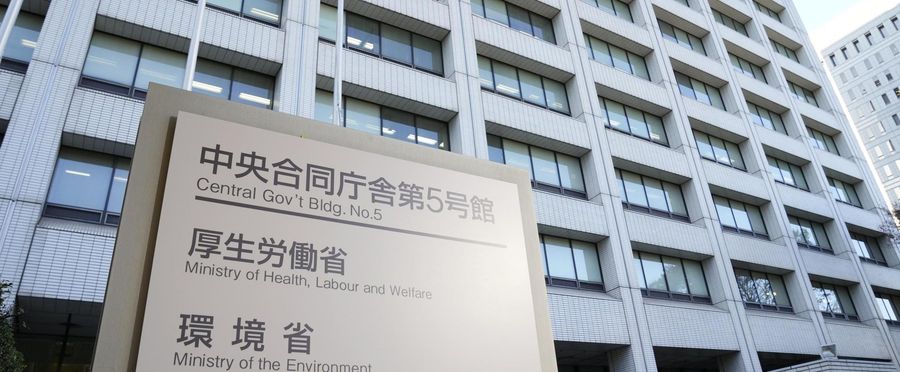In the fiscal year 2023, Japan witnessed a record high in spending on elderly care benefits, the highest in the country's history. This comes as Japan grapples with an aging population, and the economic and social implications thereof. The substantial increase in elderly care benefits is seen as a reflection of the government's response to support its aging citizens, offering a more comfortable life for its senior population.
Japan's elderly population is rapidly growing, and issues related to elderly care are regular subjects of public and political debate. The high expenditure implies an increasing need for social support for the elderly, an issue deeply tied to the nation's demographic challenge and its social security system. It is viewed in Japan as a societal responsibility to care for the elderly, and the government is under intense pressure to ensure that sufficient measures are implemented.
While many countries, including the U.S. and E.U. nations, face aging population issues, Japan's situation is unique due to its exceptionally high life expectancy and low birth rate. Like Japan, these nations also have systems in place for elderly care, often funded through social security programs. However, the scale of Japan’s commitment to its elderly, highlighted by this record spending, underlines the urgency and depth of its demographic challenge.

